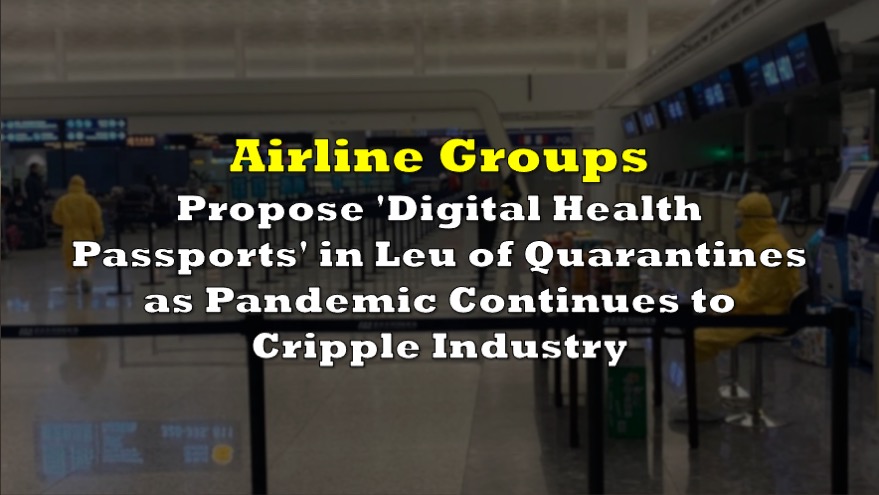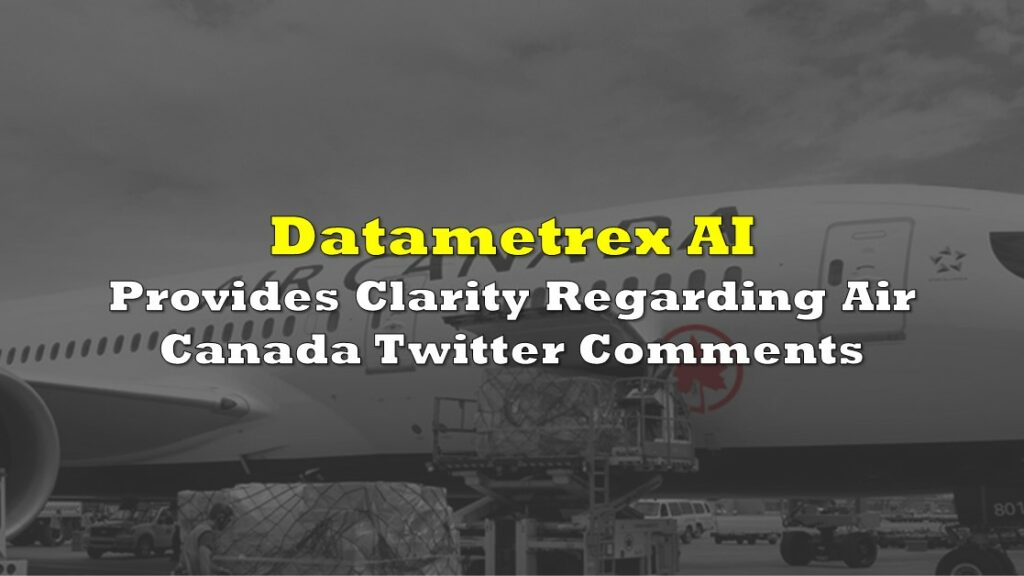As the recovery for air travel demand continues to be pushed back further and further amid the surge in coronavirus cases worldwide, many airline trade groups are becoming increasingly desperate. The border closings and mandatory quarantines that many countries around the globe have adapted as a means of mitigating the spread of the virus have decimated air travel-related profits, and as a result, three of the world’s largest airline groups have instead called on the adoption of digital health passports to ensure passenger COVID-19 regulation compliance.
According to a joint statement published by Oneworld, Star Alliance, and SkyTeam, three of the largest airline groups in the world that account for more than 60% of all passenger air capacity, the introduction of smartphone-based health pre-clearance apps such as the CommonPass would allow air travel to resume amid the pandemic, and would be more effective than the current mitigation instruments such as quarantines and lockdowns.
The airlines praised the recent testing of CommonPass, which would allow travellers to bypass the mandatory quarantine period imposed by countries around the world, given that they can certify they are indeed healthy before boarding the plane via internationally-approved testing measures. Then, once a coronavirus vaccine becomes readily available, the app would also certify that the traveller has received it.
The CommonPass was initially launched back in July by the World Economic Forum, the Commons Project, the Rockefeller Foundation, and alongside “350 public and private sector leaders from 52 countries,” as noted on its website. However, other information about the app remains unknown, only that it has been funded with money from the Rockefeller Foundation.

The aim of the project is to restore international cooperation among countries embattled by the pandemic, and will serve as a way to move forward with the reopening of international borders. Nonetheless, many countries still remain completely or partially closed to international travellers, and as a recent analysis by the UN World Tourism Organization (UNWTO) notes, the global travel industry is slated to lose a whopping $730 billion in revenue as a result. Indeed, according to statistics compiled by the International Air Transport Association (IATA), those countries that require incoming travellers to quarantine for a period of two weeks saw travel fall by as much as those countries with completely closed borders.
However, it also appears that the airline CEOs have thrown all their hopes into the idea that travellers are desperate to explore the world once again, and are willing to jump through any and all Orwellian-style obstacles to get to the skies once again. Although travel to certain popular parts of the world is certainly missed by many, it is unlikely that the US will see its share of increased international travel anytime soon, even with the help of a health clearance app.
In fact, the US – one of the richest countries in the world – is probably the last place one would want to visit, especially after it was revealed that Doctors Without Borders have come to the country to help with COVID-19 efforts. As revealed by CNN medical expert Dr. Sanjay Gupta, Doctors Without Borders, which primary only provides relief to third-world countries during true disasters and medical crisis, have been operating in the US, further serving to illustrate the seriousness of the out-of-control pandemic.
CNN's @drsanjaygupta on how bad COVID is in USA rn: "Doctors Without Borders have come to the United States to do their work. They go to the hottest spots in the world, they look at the Earth and say where are we needed? Well, they're needed here in the United States right now." pic.twitter.com/joma1DFOPi
— The Recount (@therecount) November 12, 2020
In short, the introduction of a health clearance app such as the CommonPass would certainly play a crucial role in the timely financial recovery of many airline companies around the world, but ultimately it will rely on the eagerness of air travellers to comply with the Orwellian-style measures, as well as the speed at which a country can get the pandemic under control.
Information for this briefing was found via Oneworld, the UNWTO, the IATA, and CNN. The author has no securities or affiliations related to this organization. Not a recommendation to buy or sell. Always do additional research and consult a professional before purchasing a security. The author holds no licenses.









